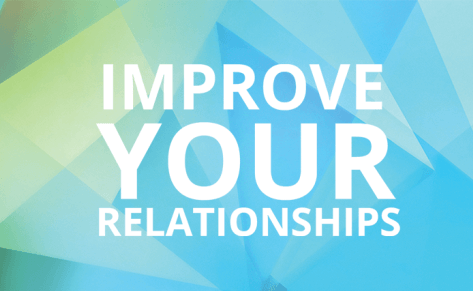Emotional Acceptance: Why Feeling Bad is Good Part 2 – By Stuart Davenport
Reclaiming Your Diagnosis Part 2
Following on from last months article
What do I gain
Regardless of your emotion, you always have choices of action. Your decision will depend on drawing knowledge from many sources. Take the example of, if you and your child were approached by someone with a knife, you may feel fear, and with it a desire to flee, but you decide to stay and fight if necessary to protect your child. In this case, your values dictated that you ‘disobey’ your fear.
Emotions, when viewed as part of a spectrum of available sources of information, are a bit like checking the weather report. They are important to know, consider, and understand, but they are not necessarily the overriding factor in your life plans. When the weather is bad, it doesn’t mean you have to deny it, focus all your attention on it, or cancel your plans because of it. What you need to do is accept the weather and adjust your plans accordingly.
What I’ve learned from my own experience is that as a human being, I am going to have all kinds of emotions. These emotions are, more than anything else, just a part of being a living human being. Through accepting my emotional life, I am affirming my full humanity.
Accepting what is rather than what isn’t
Emotional acceptance refers to the willingness and ability to accept and experience all emotions equally. Acknowledging what we feel is the first step of accepting. By accepting your emotions, you are accepting the truth of your life experience. This acceptance means that you don’t have to spend energy pushing emotions away. Instead through acknowledgement of the emotion, you can then turn to pursue a response that is based on your values.
When you accept the emotion, you are giving yourself a chance to learn about it, become familiar with it, become skilled in its management, it becomes part of your life. Avoidance doesn’t teach you that, because you can’t learn to do something by not doing it.
Acceptance invites considering that maybe, “This is not that bad.” The chance to acknowledge that although emotions may not be fun, they won’t kill you; experiencing them as they are become eventually much less of a challenge than the ongoing attempt of avoiding them.
It also tends to lose its destructive power. This is surprising and counter intuitive to what we feel and think at the time. However consider this, a swimmer who is caught in an undertow begins to be dragged out to sea will often panic and try to swim against the current. Resulting often in tiring quickly and drowning. The advice is to do the opposite and let go. Let the current take you out to sea. Within a short period of time when the current weakens you are hopefully free to swim possibly back to shore if not be rescued. The same applies with a powerful emotion: pushing against it is often futile but if you accept the emotion, it will run its course while allowing you to run yours.
In offering up these two articles it is my hope that it demonstrates that it is possible to recover from depressive and anxious states, that you are not broken. I also acknowledge that what I have spoken about can be extremely difficult to accomplish. And from my own experience having a counsellor, (someone to help support me) was vital.
I believe that through accepting, welcoming in and understanding the discomfort you feel you can move away from a place of disempowerment, towards recognising the power that difficult emotions offer you and I as a map towards things that will give life personal meaning, satisfaction and ownership.

